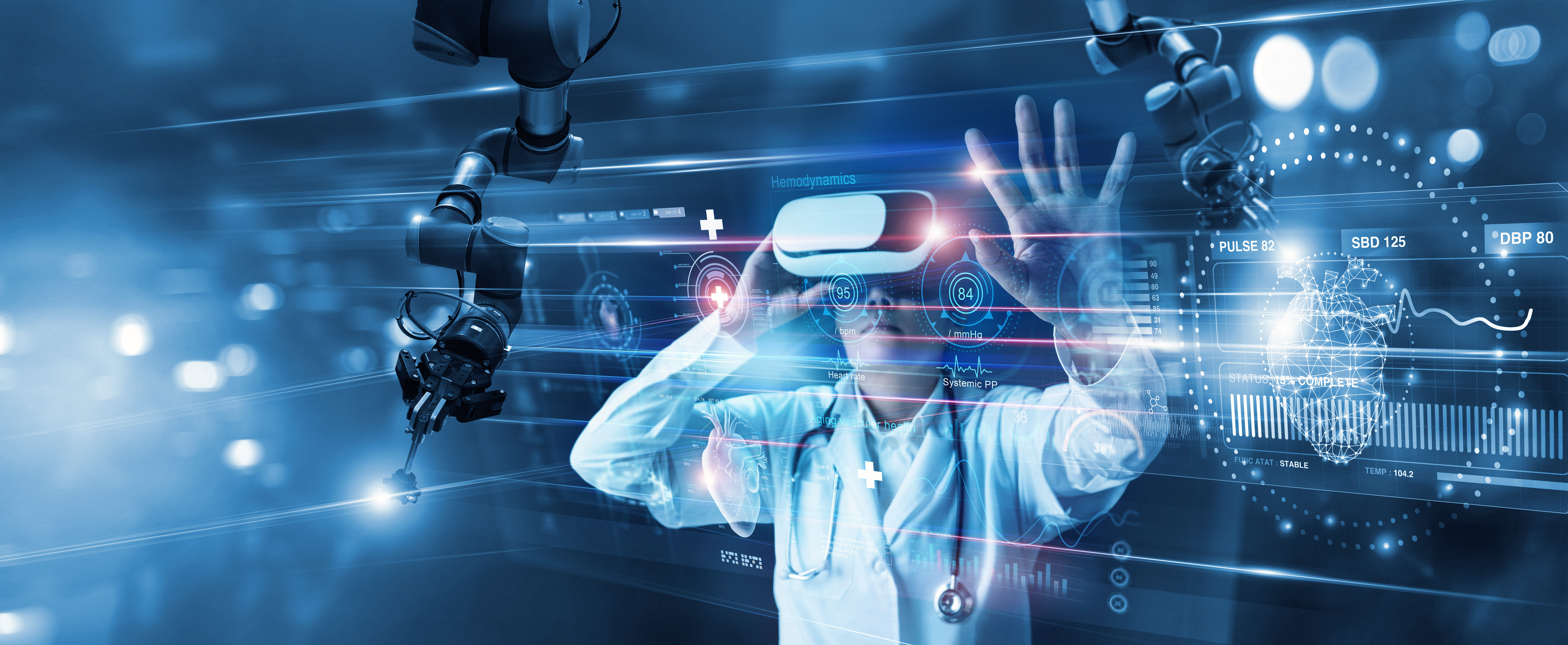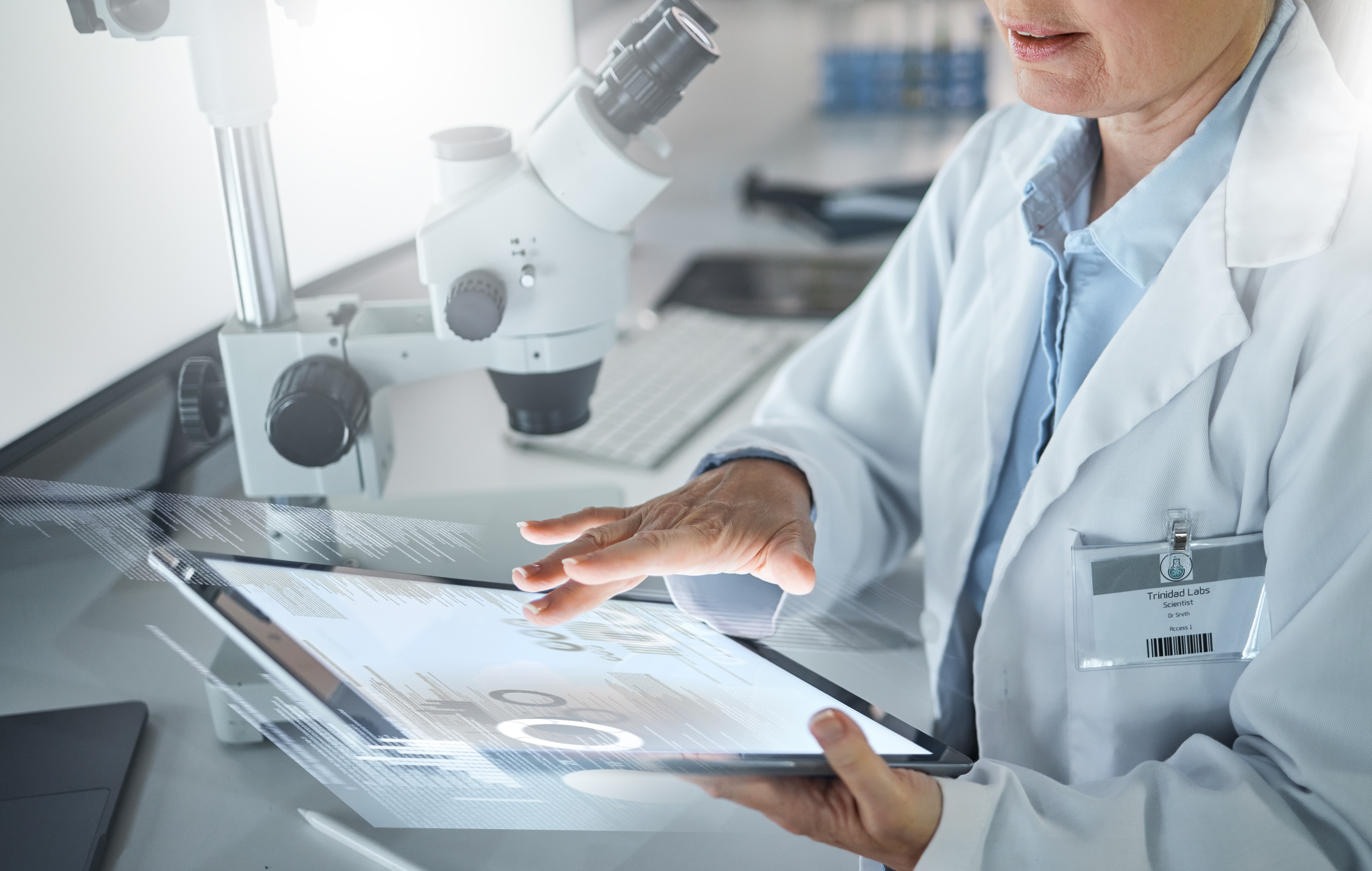Process optimization in the laboratory ensures that experiments are performed faster, more efficiently and more cost-effectively. There are many different ways to optimize processes in the laboratory, for example by using automated systems, optimizing workflows or introducing standardization measures. Process optimization can also help improve the quality of experiments by minimizing manual errors. If you are interested in how to optimize lab processes to achieve better results, then you should read on!
Process optimization in the laboratory
Feb 6, 2023 11:45:00 AM / by Paul Planje posted in Lean Lab, Platform, Digital transformation, Digitalization, iLES, Cloud Technology, Informatics
Lab Execution System - LES
Jan 23, 2023 11:45:00 AM / by Paul Planje posted in Lean Lab, Digital transformation, Digitalization, iLES, Cloud Technology
Automate Your Lab with a Lab Execution System
A Lab Execution System (LES) is a software approach that makes lab experiments faster, more reproducible, and more efficient. With a LES, experiments can be automated, minimizing manual work. In addition, the system can document all steps and decisions, improving the reproducibility of experiments. A LES can also help make better use of resources such as chemicals and equipment and improve the quality of experiments. With an LES, all data generated during an experiment can be centralized and managed, making it easier to analyze and share data.
Making documentation simpler and more complete
Nov 14, 2022 11:45:00 AM / by Paul Planje posted in Lean Lab, Digital transformation, Digitalization, Informatics
When it comes to documentation requirements in the laboratory, the focus is mostly on documenting and archiving measurement results. In the second row of attention, however, are still the records of instrument parameters. As part of quality control in a modern laboratory, it is not only necessary to document when and how regularly a laboratory instrument has been serviced - but also how well the instrument performs in daily use.
In addition, documentation of upstream and downstream processes is increasingly required, analogous to the requirements in production plants. Whether storage of raw materials and products or incubation processes: regular checks with complete records are required. With digital end-to-end processes, laboratories can respond to the increased requirements in the area of documentation obligations - without taking up valuable staff time resources unnecessarily.
In addition to a high degree of automation in digital documentation, iVention also enables the integration of IoT devices. This allows captured data to be collected, stored and processed directly without any detours. Central data acquisition with secure, location-independent access to data makes documentation simpler, more complete, faster and more reliable.
What's the situation like in your lab? Are documentation tasks still eating up your teams' capacities - or are you already on your way to the digital lab of the future? Feel free to write us about your experiences, we look forward to a constructive dialog!
Digital data
Mar 15, 2022 12:00:00 PM / by Paul Planje posted in LIMS, Platform, Digital transformation, Digitalization, DigitalTransformation, _Platform, iLES, Cloud Technology
The guarantee for good ideas in the lab of the future
When you think of data aggregators, data industries such as Facebook, eCommerce and, of course, the world's most famous "data octopus," Google, certainly come to mind. But the fact that a laboratory in the 21st century also collects data about data is still something that very few laboratory employees are aware of. Yet, especially in the pharmaceutical industry, data represents the optimal basis for sustainable success - after all, data enables the development of marketable ideas and products.
What is the digitalization status of life science laboratories?
Jan 4, 2022 11:45:00 AM / by Paul Planje posted in Platform, Digital transformation, Digitalization, DigitalTransformation, Cloud Technology
The Fraunhofer Institute for Manufacturing Engineering and Automation IPA has conducted a highly interesting study to determine the current state of digitization of laboratories operating in the life science sector. The central questions of the study revolved around the challenges and non-value-added activities that laboratory employees are confronted with during their daily work. The aim was to determine whether this could be linked to the current level of automation and digitization in the laboratories.





